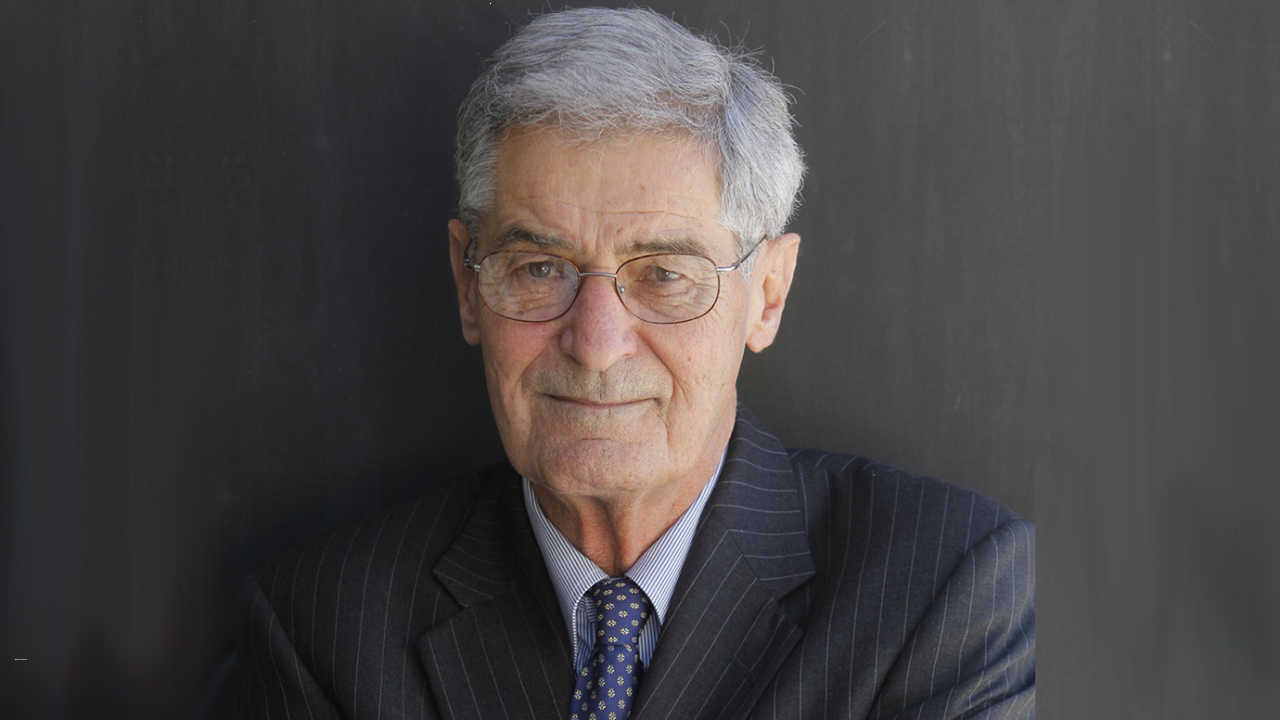Robert E Lucas
Robert E Lucas, an esteemed economist and Nobel laureate, made significant contributions to the field of macroeconomics. His work challenged the prevailing dominance of Keynesian economics and introduced the concept of rational expectations. He passed away recently at the age of 85.
The Accomplished Economist
Robert E Lucas, renowned for his groundbreaking contributions, was awarded the Nobel Prize in Economics in 1995. His work has had a profound impact on the development of macroeconomics and macroeconometrics since the 1970s, as recognized by the Royal Swedish Academy of Sciences.
Transition from Keynesian Economics
Before the 1970s, Keynesian economics dominated macroeconomics and policymaking. However, the stagflation experienced during that decade, characterized by high inflation and stagnant economic growth, raised questions about the effectiveness of Keynesian policy solutions. This period marked a turning point for the discipline.
Rational Expectations Approach
Lucas’s seminal contribution was the development of the rational expectations approach. Prior to his work, expectations were often considered fixed or backward-looking. Lucas challenged this view by arguing that individuals form expectations based on rational behavior and available information. If people perceive changes in variables such as money supply or employment, their expectations of future outcomes, such as inflation, would adapt accordingly.
Implications for Policy
Lucas’s theory of rational expectations carries significant policy implications. For instance, let’s consider the impact of tax cuts. The conventional view suggests that tax cuts stimulate economic activity and reduce unemployment. However, when incorporating rational expectations, the effectiveness of tax cuts can be limited. Individuals, realizing that tax cuts may result in future tax increases, may choose to save the extra money instead of spending it immediately. As a result, the desired economic boost may not materialize as intended.
Critique of Standard Macroeconomic Policies
Lucas’s work went beyond challenging the effectiveness of tax cuts. He argued that standard macroeconomic policies, including government intervention, cannot consistently improve economic outcomes like reducing unemployment. His research underscored the limitations of traditional policy tools and emphasized the importance of understanding the role of rational expectations in shaping economic behavior.
Influence of Economic Factors
Lucas’s transition from studying history to economics was motivated by the realization that economic factors often play a crucial role in driving historical events. This understanding prompted his exploration of the economic forces behind significant historical shifts, leading to groundbreaking contributions to macroeconomics.
Month: Current Affairs - May, 2023
Category: Awards, Honours & Persons in News



Dr.Cajetan Coelho
May 19, 2023 at 2:11 pmRespectful farewell to Nobel laureate Robert E Lucas.